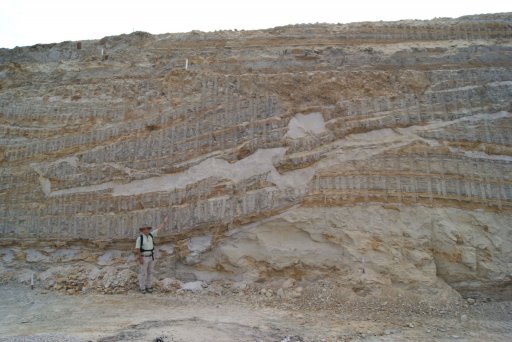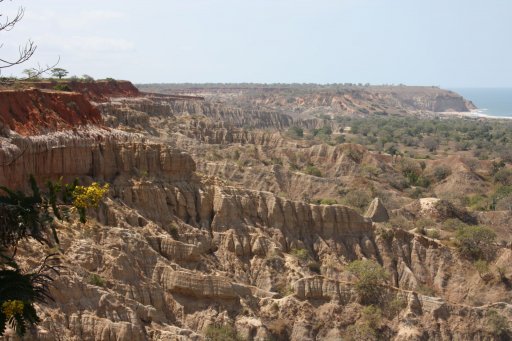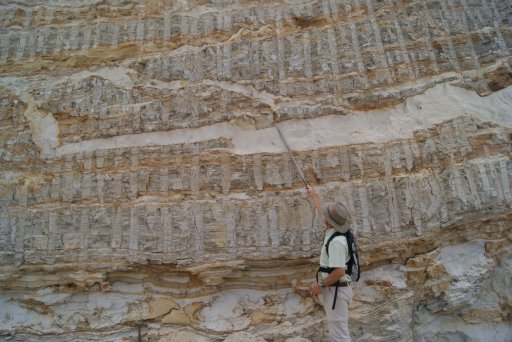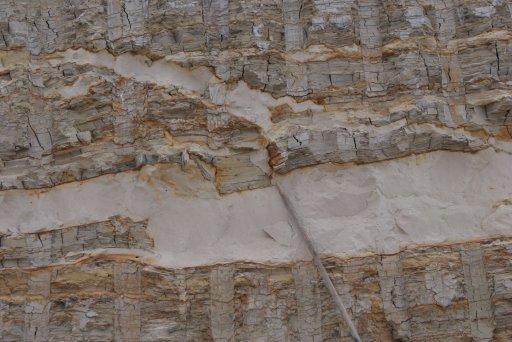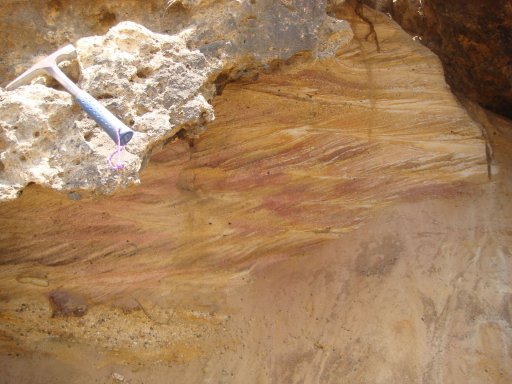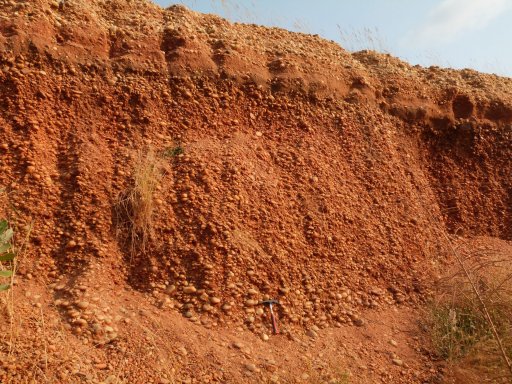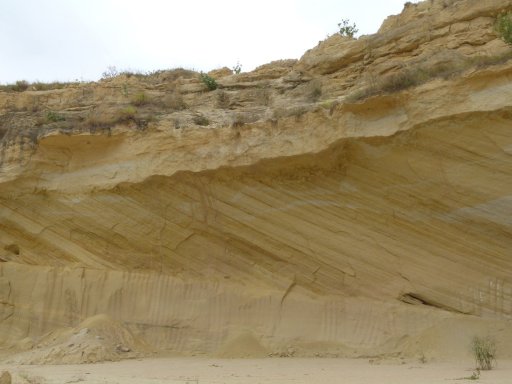Kwanza Basin Clastic Sedimentology (Angola)
This course provides a unique opportunity to discover and understand the past and present-day clastic sedimentation of the Kwanza Basin of Angola.
- Course Type
Field Course - Duration
5 days - Thematic
Geosciences - Location
- Country
Angola -
Satisfaction rate
